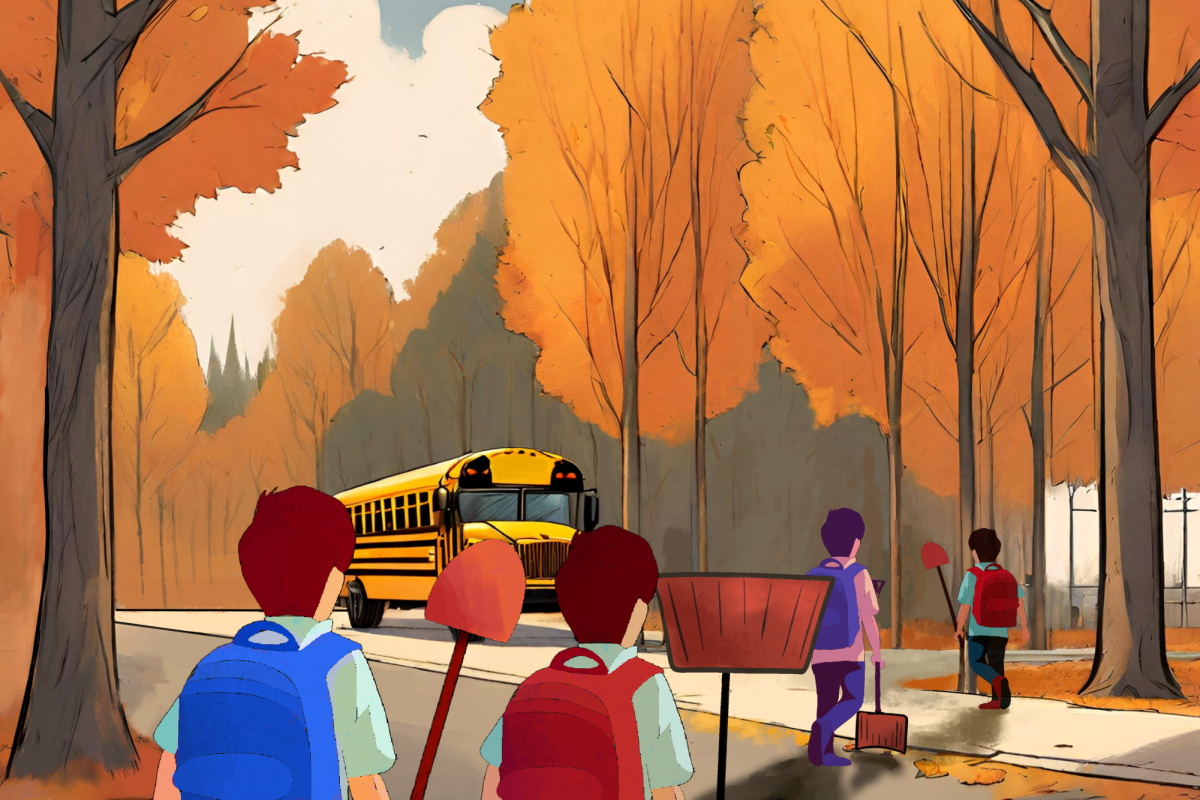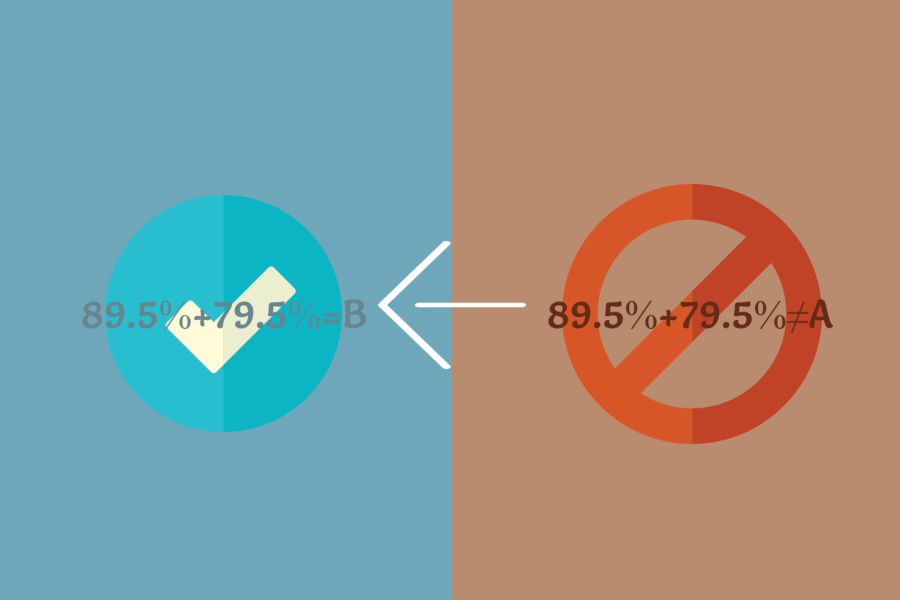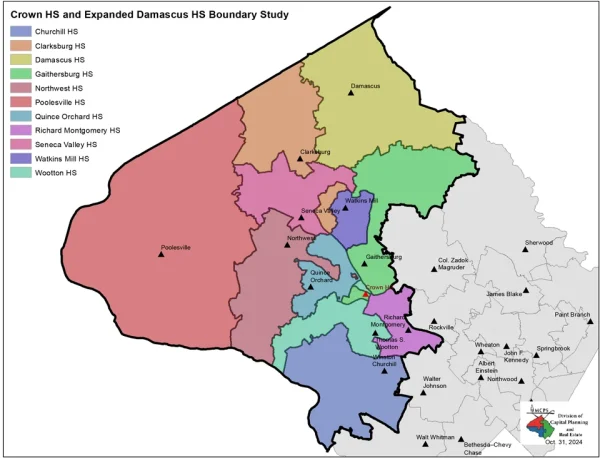Microaggression and racism at Whitman
April 16, 2015
“You don’t look black.”
“But, you’re white.”
“I never knew you were black. I’m sorry, does that offend you?”
These are but a few instances of microaggression that have been directed at me in the past.

“Microaggression” is a relatively new term. It refers to the peppering of small, offhand comments that, without malicious intent, prompt uncomfortable feelings of racism and discrimination.
It also describes what I have experienced as a minority student at Whitman.
Being a minority in a predominantly white school like this one or B-CC can be difficult. While I am not going to say that I have experienced outright racism as a minority at Whitman, I have felt firsthand the effects of microaggression.
Three B-CC students made a video entitled “I, Too, Am B-CC,” addressing racism and microaggression at their school. The video resonates with me because it shows the adversity that black and hispanic students deal with at the predominantly white high school.
For example, when B-CC student Makdes Hailu won a spot on the school’s academic team, she heard: “Oh, she only got in because she’s black.”
The video inspired me to write about my experience as a minority at Whitman.
The unfortunate truth is that for some Whitman students, microaggression is present in everyday life.
Statistics from the 2013-2014 school year show that the student population here is 70 percent white, about 12 percent Asian, nine percent Hispanic and less than five percent black.
Therefore, being in the minority provides a different experience when it comes to discrimination.
Microaggression can be very offensive, and while people may not realize they’re being offensive, they are. Regardless of intent, racism is racism no matter what form it appears in.
One form of microaggression is trying to identify or define other people in a way that makes sense or is easily understood. But people aren’t designed to be placed into boxes and defined as one thing or another.
Saying that someone is or is not of a certain race or ethnicity is not for anyone else to decide, nor to question. It is not a topic to be debated nor a controversy to be discussed.
When I define myself as multiracial, that is a choice that I make, and it’s not up to anyone else to decide for me.
I remember an incident last year when a peer told me, “You aren’t black.” I remember being infuriated at their audacity in believing it was their decision to make. The choice of how one self-identifies is no one’s but their own.
Racism, microaggression and self-identification are issues that are often misidentified and misunderstood.
Discrimination and stereotyping are results of the other-race effect, which suggests that people more easily identify and understand their own race. This is evident when people say, “You don’t look black.” What they mean is that I don’t look like the image of black people that is painted in popular culture and it is difficult for them to understand because they do not identify with me.
This ties microaggresion into the misunderstanding of race as a whole and the issues that come with it.
Racism is something that is present constantly, and deserves to be recognized and addressed.
To address the effects of racism, we need to be conscious of the way in which we talk to others in order to try to reduce the microaggressions that we witness every day. Those who are offended by these comments need to speak up in order to help those who contribute to microaggression know that what they’re saying is wrong.
MCPS has used the B-CC video as a springboard for their initiative to try to shrink the achievement gap.The video prompted a county-wide meeting of principals to discuss the video and raise awareness.
Trying to raise awareness and activism in our community is a good start, but we need to do more: we have to be respectful and conscious of each other to prevent the ever-growing problem of racism and dangerous misunderstandings in our society.









Anonymous Poster • Oct 19, 2015 at 8:05 pm
These commenters don’t understand anything that is separated from the immense privileges they were born unto. Shame that we attend an institution where administration does what it can to make a tolerant environment but a calloused student body precludes any substantive progress, which is lilliputian if anything.
John Torio • Oct 4, 2015 at 2:34 pm
Honestly this story epitomizes the modern day coddling of the american mind. Man up and stop being such a baby.
hsjasl • Apr 20, 2015 at 10:33 am
micro-aggression can also be defined as “over-sensitivity”, where the common cure is to not be super up-tight and torqued and to not take everything super literally